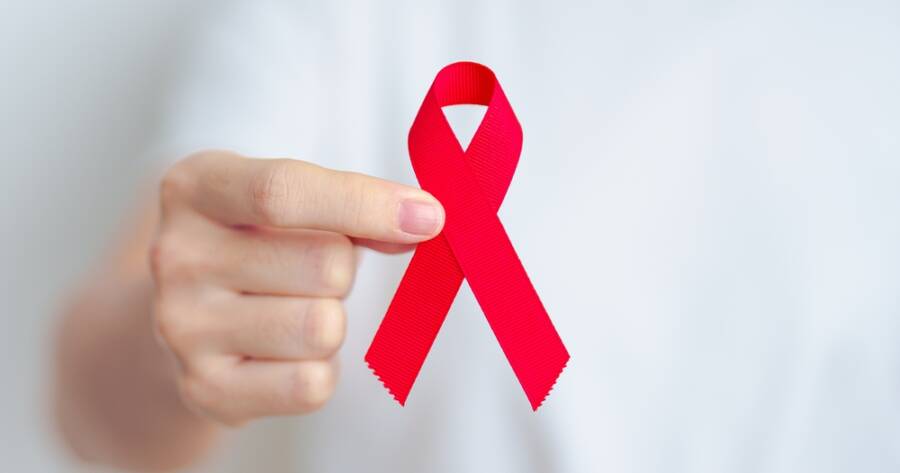Undetected HIV, a state also referred to as “viral suppression,” is a major advancement in HIV care and management. When an individual reaches viral suppression, their HIV levels are so low that standard tests cannot detect the virus. While undetectable does not mean cured, this achievement plays a significant role in improving health outcomes, reducing transmission risks, and enhancing quality of life. This article explores how undetected HIV works, the role of viral load suppression, and the potential benefits for people living with HIV.
What Is an Undetectable HIV Viral Load?
When someone with HIV undergoes effective antiretroviral therapy (ART), their viral load can drop to such low levels that standard tests cannot detect the virus in their bloodstream.1 This is known as an undetectable viral load.
Achieving this status could take several months of consistent medication adherence. It’s crucial to remember that undetectable does not mean cured; the virus still exists in the body, but in such small quantities that it remains untraceable and non-damaging to the immune system.
How Does ART Help Achieve an Undetectable Status?
Antiretroviral therapy is designed to suppress HIV replication in the body.2 By reducing the amount of virus in the bloodstream, ART can help the immune system regain strength and function better. Patients must take their prescribed medication consistently to maintain this status.
Missing doses or discontinuing treatment could allow the virus to multiply again. Reaching and maintaining an undetectable status is not guaranteed for everyone. Factors like the specific medication regimen, individual health conditions, and adherence to treatment can influence outcomes.
The Benefits of Achieving an Undetectable Viral Load
Living with an undetectable viral load can offer multiple health benefits.3 For one thing, it can reduce the risk of transmission. Additionally, it might lead to improved immune function and overall better health.
Patients with an undetectable status may also experience reduced HIV-related symptoms and complications. Additionally, knowing one’s viral load is undetectable could relieve some of the emotional and social stigma often associated with HIV.
The Role of Regular Testing and Medical Support
Frequent monitoring is essential for individuals with HIV, even when their viral load is undetectable. Regular testing helps confirm that the virus remains suppressed and allows for timely adjustments to treatment if necessary. Medical professionals play a crucial role in this ongoing process, providing guidance, support, and medication adjustments.
Individuals should maintain open communication with their healthcare providers to manage their health effectively. This proactive approach is crucial to sustaining an undetectable viral load and addressing any challenges that may arise, preventing the return of undetected HIV to detectable levels.
Learn More Today
Understanding undetectable HIV viral load is essential for those living with the virus and their loved ones. It’s a complex but hopeful area of HIV treatment, offering a promising path to better health and reduced transmission risk. For those affected, speaking with healthcare professionals and exploring available resources is vital for making informed decisions.
While undetected HIV or an undetectable status may not be achievable for everyone, ongoing advancements in treatment and care bring hope to many. If you or someone you know could benefit from more information, don’t hesitate to reach out to a healthcare provider today. You aren’t alone — hope is out there!
